There are two main uses for the apostrophe: to show where a letter is missing and to show that something belongs to something or someone, otherwise known as possession.
The first use -- to show that a letter or letters are missing -- occurs in contractions. Remember contractions? That's when two words are squished together to make one, dislodging a letter or letters in the process.
The last sentence has an example of a contraction -- "that's." The two words that have been squished together are "that" and "is." When you make a contraction of those two words, you drop the "i" and put an apostrophe in its place to show that a letter is missing.
Other examples of contractions are "it's," which means "it is"; "they're," which means "they are"; "you're," which means "you are"; and "who's," which means "who is." I've used these examples in particular because they are ones that are often misused. The reason is they resemble and sound identical to other words, that is, "its," "their," "your," and "whose."
These words I just mentioned are possessive pronouns, which is the confusing part because in general, the other use for apostrophes is when you are using possessive nouns, such as, Jimmy's donut or Audrey's purse. The thing is, when you use a possessive pronoun, rather than a possessive noun, you don't use an apostrophe. Possessive pronouns include his, her, their, your, and its. Confusing, huh?
The thing to remember is that when you use a possessive pronoun, you don't need the apostrophe. You wouldn't say hi's when you mean his, would you? Then you shouldn't use "it's" when you mean "its" either.
An even easier way to remember which word is right is to read your sentence over, adding the letters that have been left out. So when you read "it's" in your writing, think in your head "it is." If it makes sense, you've used the right form. If it doesn't make sense, then maybe you mean "belonging to it," and you should leave the apostrophe out.
Contractions are used in more casual, chatty speech. Formal writing usually uses the more formal forms with no contractions. If you want to be one hundred percent sure of yourself, you can avoid contractions altogether if they are giving you trouble.
However, most online readers appreciate the friendlier feel of contraction use. It makes them feel they are talking to a real person, as most of us use contractions automatically when we speak. The simple practice is to read over what you've written, adding the extra letters in your head and checking for meaning.


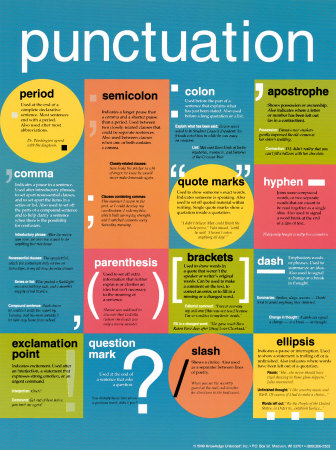

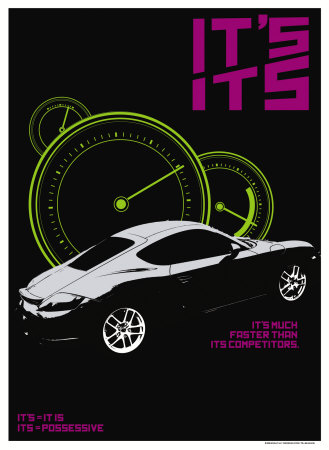
 martinsobers3218
on 08/14/2017
martinsobers3218
on 08/14/2017


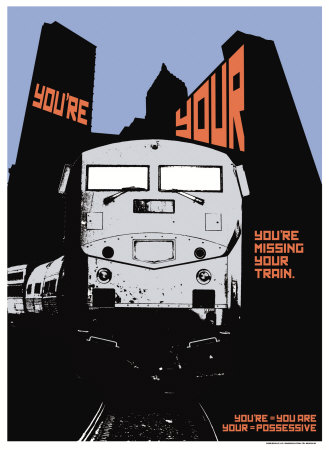
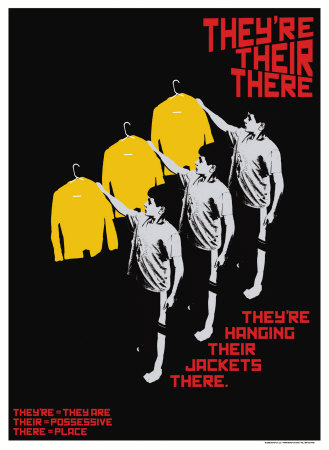


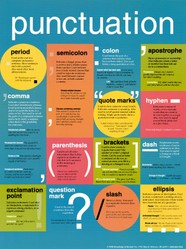

 Children Learn Through Playon 09/17/2015
Children Learn Through Playon 09/17/2015
 Boston Public Gardenon 06/19/2015
Boston Public Gardenon 06/19/2015
 Remembering the Supremeson 01/20/2014
Remembering the Supremeson 01/20/2014
 How to Help Your Baby Sleepon 09/14/2013
How to Help Your Baby Sleepon 09/14/2013
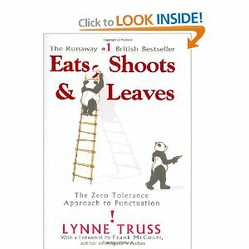
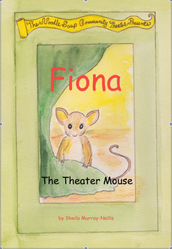
Comments: What Do You Think?
When tutoring English I used the following model for apostrophe s, which shows when and when not to use it.
Two girls went swimming . No apostrophe because s denotes a plural
She runs a shop. No apostrophe because s ends a verb
It's a boy. Apostrophe, because s marks a missing letter
The girl's book was given back to her. Apostrophe s marks singular possession
The girls'book was sent to them. S apostrophe marks plural possession
Francis ' car is old. Names ending in s just add an apostrophe
Thanks, georgettejohn! I'm glad the article was helpful.
I need to bookmark this article for reference!!! I struggle at times with comma's (love to use them) too! Oh, and I love quotation marks and use them too frequently as well! "Great Article!"
Very useful info for everybody who posts anything online. I am not particularly good in English but I really don't like when somebody writes 'your' instead or 'you are' (oh, my, another use of apostrophes). I think this shows very low level of respect to language...
Thanks for your explanation and very clear examples.
Thank you so much, Katie! I'm not sure about the genius part, but you're right about the way our social networking and general internet use makes us all rather lax about punctuation and grammar generally. I was one of those kids in school who found grammar easy, and though I'm not always squeaky clean myself, I notice when grammar and spelling are overlooked. I must admit I read over my own writing again and again for fear I may have misused a word or missed the proper punctuation. That may sound sad to some, but in reality, I've gotten used to revising some of my poems and stories so many times I lose count. I consider that part of my job.
I always find your comments encouraging!
I think you're a genius to consider the apostrophe, we forget so much of what we learn in school. With the new age of computers, the Internet and all the social networking giving way to content we create all over the web, the proper use of apostrophes and other punctuation is a good reminder. Thanks and what a great asset to our writing community!